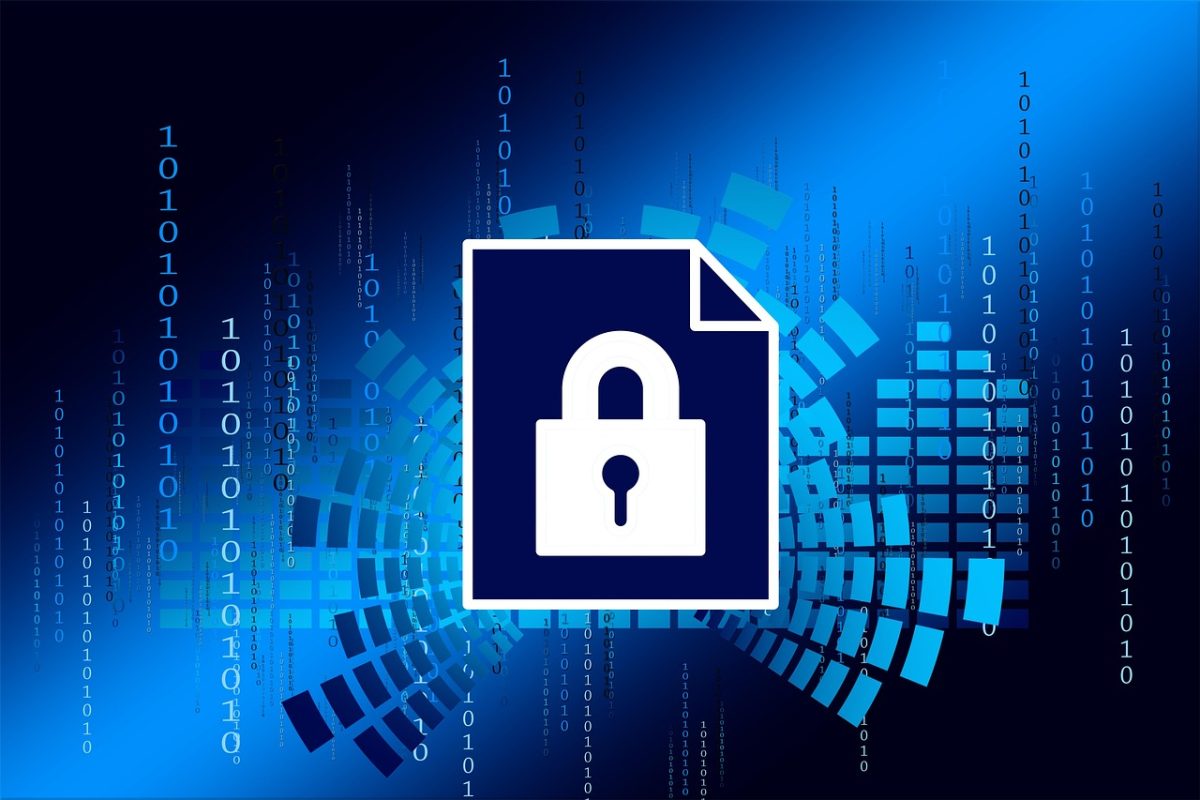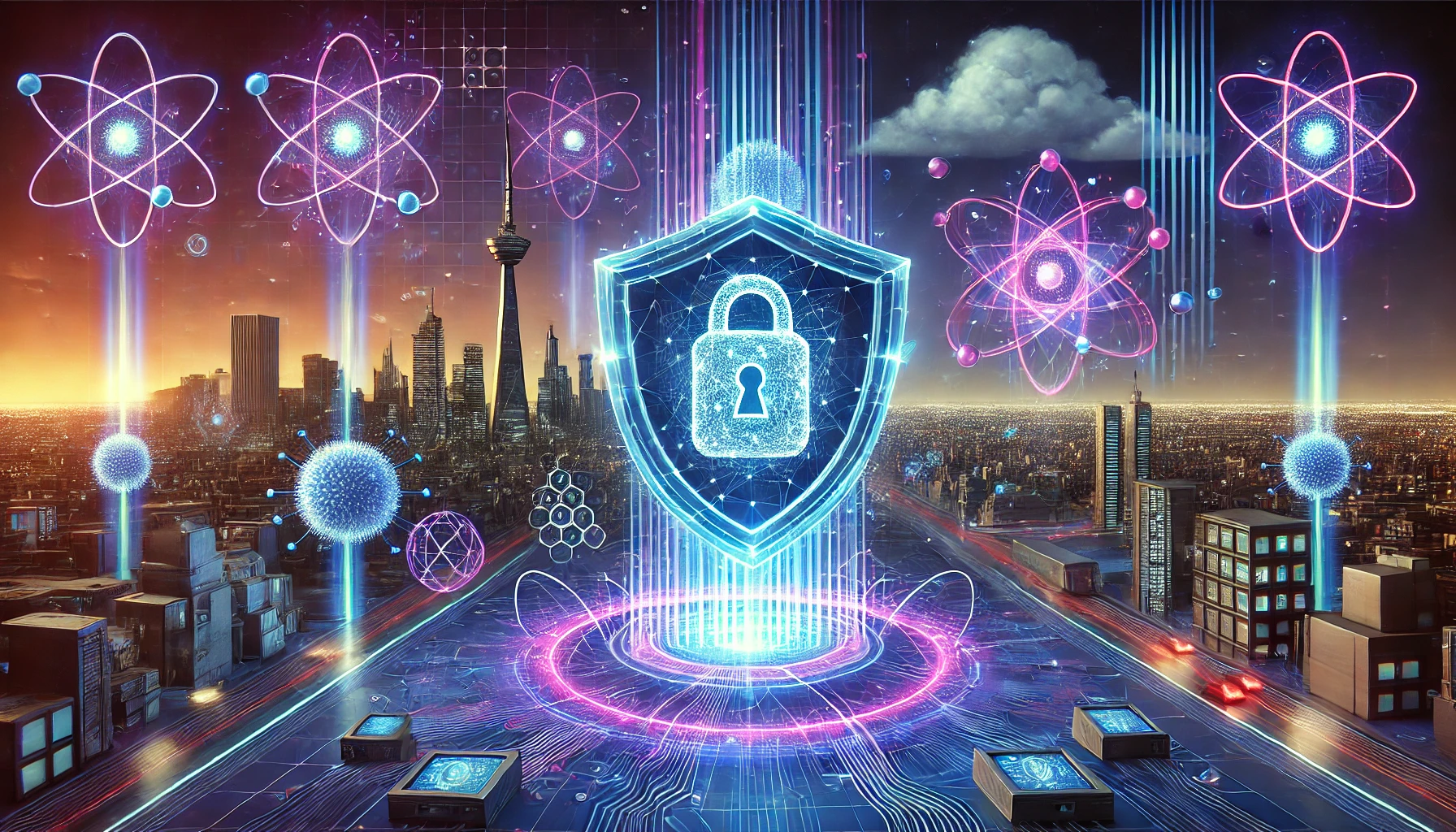Beyond Bitcoin: Real-World Applications of Blockchain
When most people hear the word “blockchain,” they think of Bitcoin and cryptocurrencies. While Bitcoin brought blockchain into the spotlight, this groundbreaking technology has far-reaching applications beyond digital money.TechForward Innovations, we’ve always believed that true innovation comes from looking beyond the obvious. While Bitcoin often steals the limelight, blockchain technology is proving its mettle across industries—from supply chain management to healthcare and even voting systems. Today, we invite you on a journey to explore these real-world applications, enriched with ambiguous yet captivating stories that hint at the untold mysteries and transformative potential of blockchain.
Blockchain is revolutionizing industries—from enhancing supply chains and healthcare to transforming voting systems and safeguarding intellectual property. In this blog, we delve into how blockchain is being leveraged in real-world scenarios to address intricate challenges and open up new opportunities.
From supply chains to healthcare, voting systems to intellectual property, blockchain is proving to be a game-changer. In this blog, we’ll explore how blockchain is being used in real-world scenarios to solve complex problems and create new opportunities.
1. Supply Chain: Building Transparency and Trust
Supply chains are often complex, involving multiple stakeholders across different geographies. This complexity can lead to inefficiencies, fraud, and a lack of transparency. Blockchain can address these challenges by providing a shared, immutable record of every transaction and movement in the supply chain.
How It Works:
- Each step of a product’s journey is recorded on the blockchain, from raw materials to the final product.
- Stakeholders can access real-time data, ensuring transparency and accountability.
- Smart contracts can automate processes like payments and quality checks.
Use Case Example:
Imagine a coffee company that sources beans from multiple farms worldwide. By using blockchain, the company can track the journey of each batch of beans, ensuring they are ethically sourced and sustainably produced. Consumers can scan a QR code on the packaging to see the entire history of the product, from farm to shelf.
Why It Matters:
- Reduces fraud and counterfeiting.
- Improves traceability and accountability.
- Builds consumer trust through transparency.
2. Healthcare: Securing Patient Data and Streamlining Processes
The healthcare industry generates vast amounts of sensitive data, but managing this data securely and efficiently is a significant challenge. Blockchain can provide a secure, decentralized platform for storing and sharing medical records.
How It Works:
- Patient records are stored on the blockchain, accessible only to authorized parties.
- Patients have control over who can access their data.
- Smart contracts can automate processes like insurance claims and prescription approvals.
Use Case Example:
A patient visits multiple healthcare providers, each with their own record-keeping system. With blockchain, all providers can access a single, up-to-date record of the patient’s medical history, ensuring accurate and timely care.
Why It Matters:
- Enhances data security and privacy.
- Reduces administrative costs and inefficiencies.
- Improves patient outcomes through better data sharing.
3. Voting: Ensuring Fair and Transparent Elections
Elections are the foundation of democracy, but they are often plagued by issues like voter fraud, tampering, and lack of transparency. Blockchain can provide a secure and transparent platform for voting, ensuring the integrity of the electoral process.
How It Works:
- Each vote is recorded as a transaction on the blockchain, making it immutable and tamper-proof.
- Voters can verify that their vote was counted correctly without revealing their identity.
- Results can be audited in real time, ensuring transparency.
Use Case Example:
A small town implements a blockchain-based voting system for local elections. Voters cast their ballots online, and the results are instantly recorded on the blockchain. The community can trust that the election was fair and transparent.
Why It Matters:
- Increases voter trust and participation.
- Reduces the risk of fraud and tampering.
- Provides a secure and efficient alternative to traditional voting methods.
4. Intellectual Property: Protecting Creativity and Innovation
Artists, musicians, and creators often struggle to protect their work from theft and unauthorized use. Blockchain can provide a secure and transparent way to register and manage intellectual property rights.
How It Works:
- Creators can register their work on the blockchain, creating a permanent and verifiable record of ownership.
- Smart contracts can automate royalty payments, ensuring creators are fairly compensated.
- Buyers can verify the authenticity of digital assets like art and music.
Use Case Example:
A musician releases a new song and registers it on the blockchain. Every time the song is streamed or downloaded, the blockchain automatically calculates and distributes royalties to the artist.
Why It Matters:
- Protects intellectual property rights.
- Ensures fair compensation for creators.
- Builds trust in digital marketplaces.
5. Real Estate: Simplifying Transactions and Reducing Fraud
Buying or selling property is often a slow, paperwork-heavy process filled with intermediaries. Blockchain can streamline this process by enabling smart contracts and transparent record-keeping.
How It Works:
- Property ownership records are stored on the blockchain, reducing the risk of fraud.
- Smart contracts automate processes like payments and title transfers.
- Buyers and sellers can access real-time updates on the status of the transaction.
Use Case Example:
A couple buys a new home using a blockchain-based platform. The entire process, from signing the contract to transferring ownership, is completed online in a matter of days, with no need for intermediaries.
Why It Matters:
- Reduces fraud and errors in transactions.
- Speeds up the buying and selling process.
- Increases transparency and trust in real estate deals.
The Challenges: Is Blockchain a Silver Bullet?
While blockchain holds immense potential, it’s not without its challenges. Companies must navigate issues like scalability, energy consumption, and regulatory uncertainty. Moreover, blockchain is only as good as the data it records—garbage in, garbage out.
Key Challenges:
- Scalability: Blockchain networks can become slow and expensive as they grow.
- Energy Consumption: Some blockchain networks require significant energy to operate.
- Regulation: The legal and regulatory landscape for blockchain is still evolving.
Conclusion: The Future of Blockchain in Business
Blockchain is no longer just a buzzword—it’s a powerful tool that’s transforming industries and solving real-world problems. From supply chains to healthcare, voting to real estate, blockchain is enabling businesses to build trust, improve efficiency, and create value.
As the technology continues to evolve, we can expect to see even more innovative applications of blockchain. For companies willing to embrace this technology, the rewards could be game-changing.
So, the next time you hear about blockchain, think beyond Bitcoin. Think about the possibilities—and the future it’s building.








